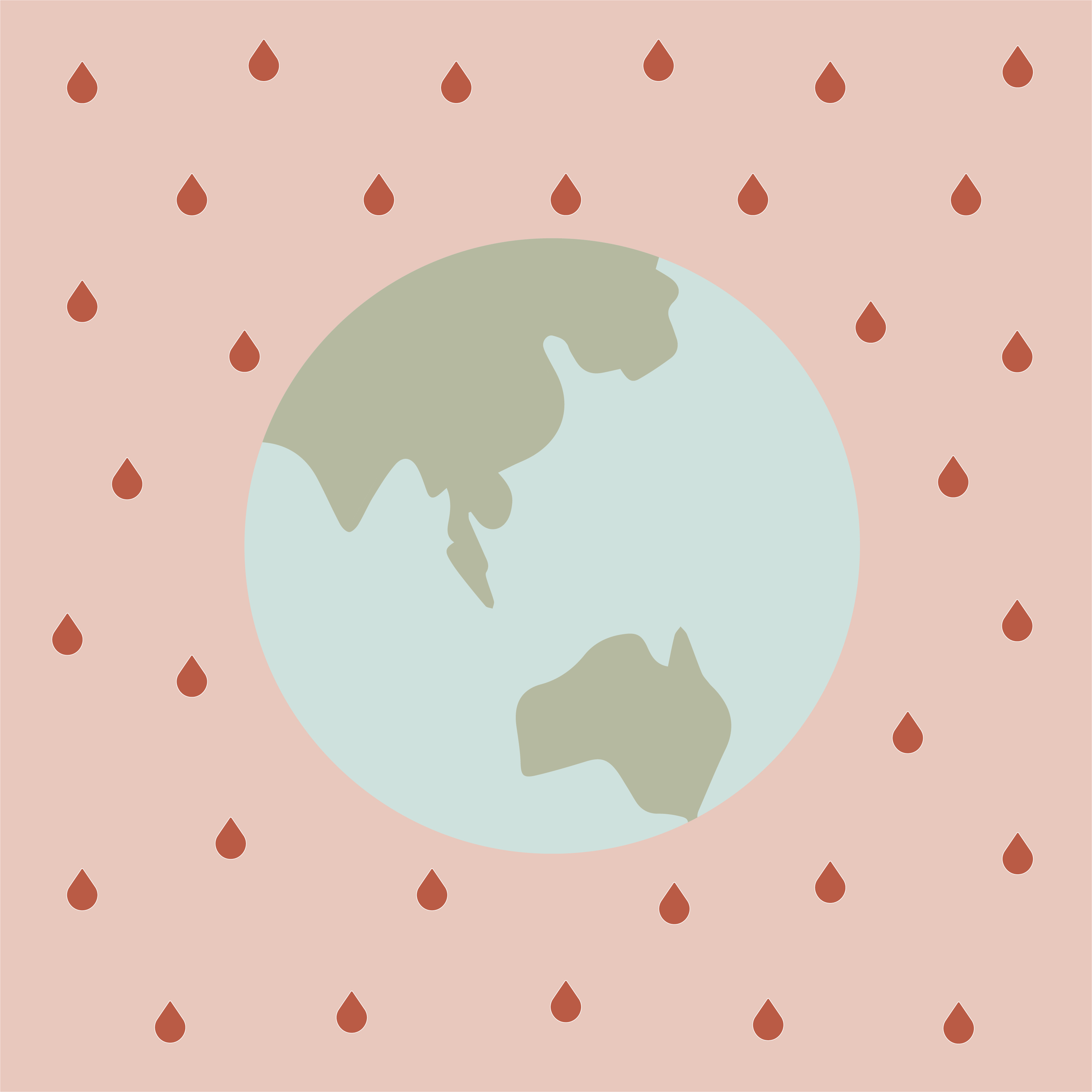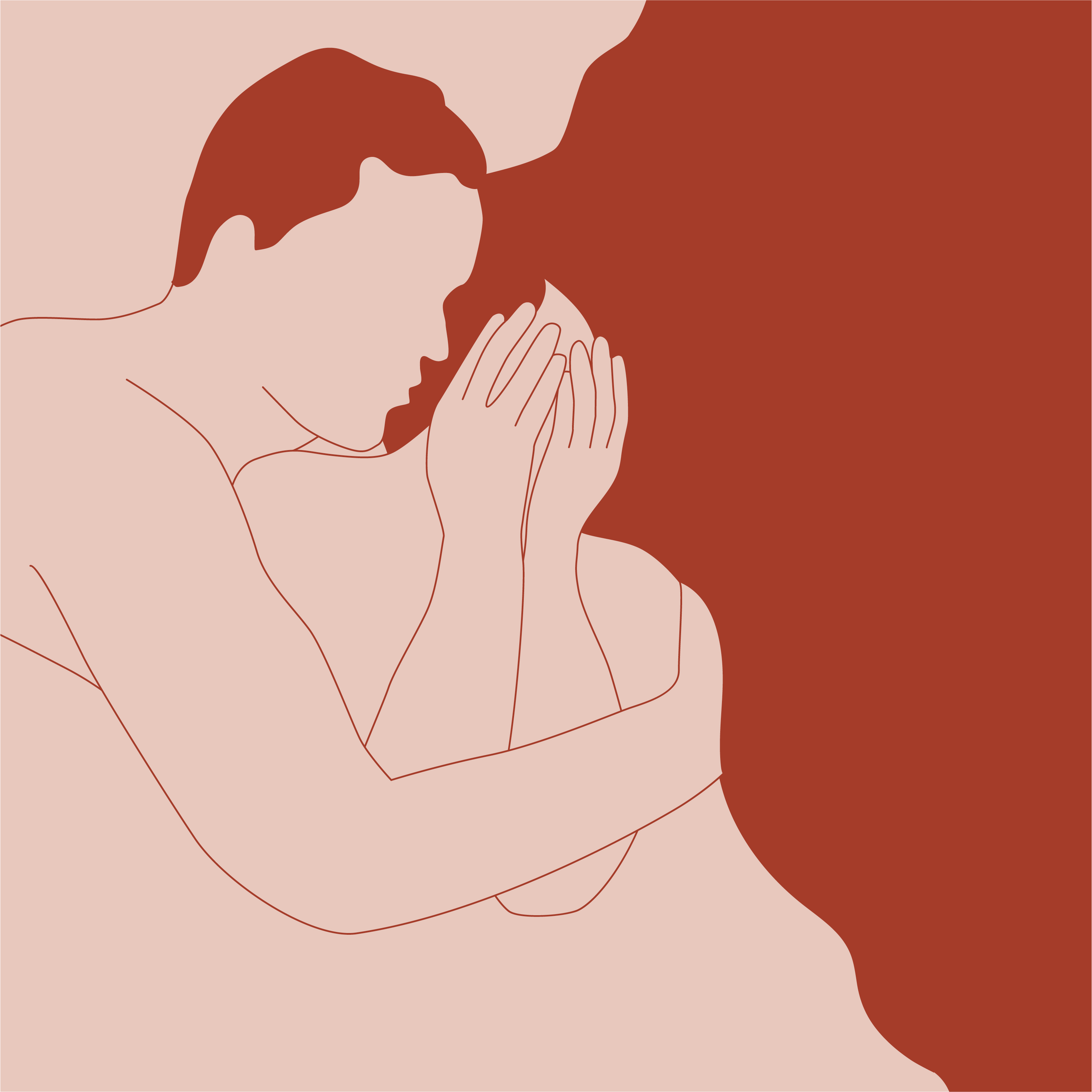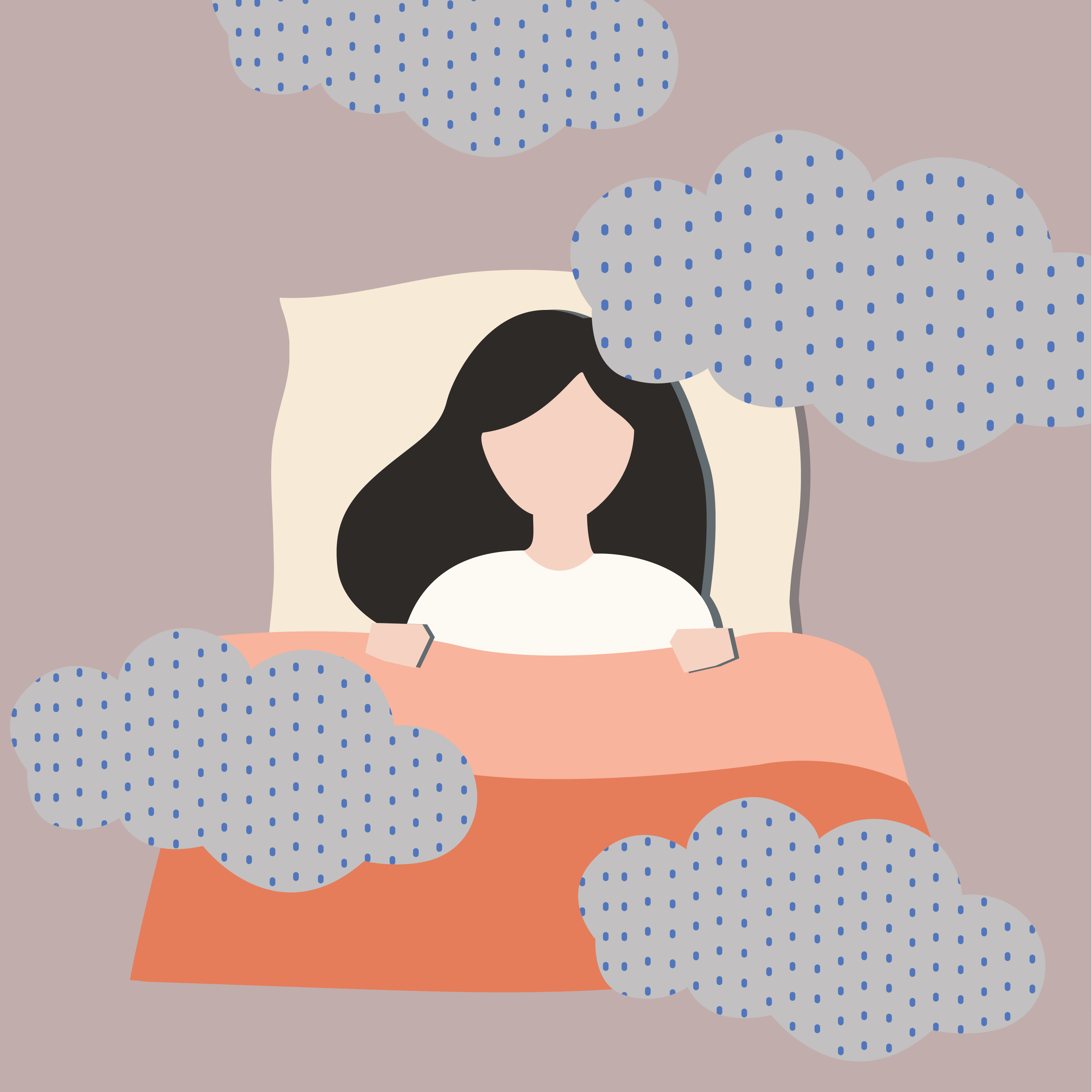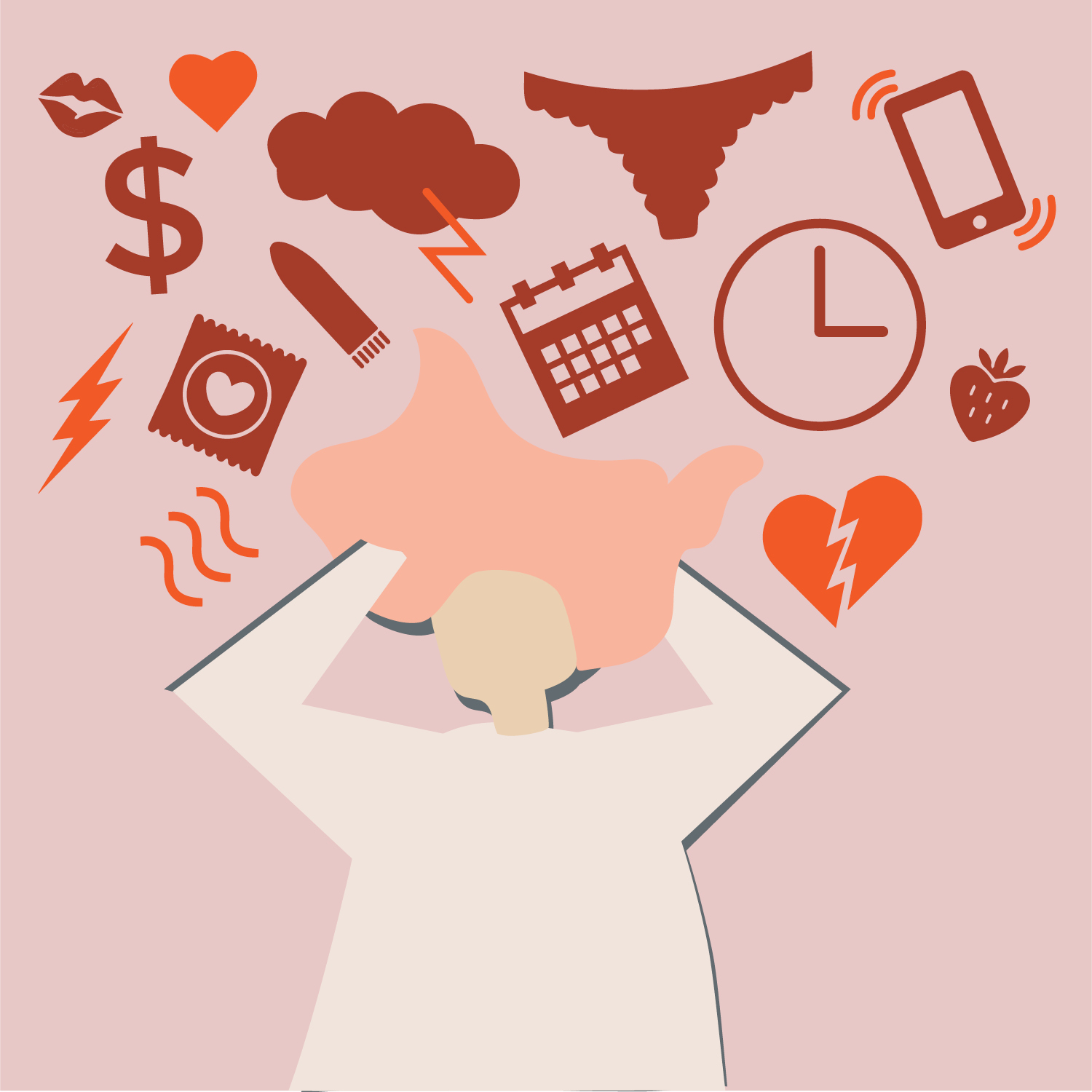Aug 25, 2016
THINGS TO TELL YOUR DAUGHTER, OR ASK YOUR MOTHER, ABOUT WOMEN’S HEALTH
As a woman, knowing some key things about your mother’s life journey can give you an idea of what to expect and what to keep an eye on.
We’ve posted six health questions you need to ask your mother.
Image: Lena Catterick of Yoli & Otis on The Grace Tales
How much do you really know about your medial history? What about your mother’s? Keeping up with your mother’s health history is as important as your own health. Here are some important questions you need to ask.
1 // “WHEN DID YOUR PERIODS START?”
Girls in Australia mostly start their menstrual periods at around 12-13 years old, but if your mother started hers earlier it’s likely that you will too.
2 // “WHAT HAVE YOUR PERIODS BEEN LIKE?”
Women can experience periods very differently. Your best ‘crystal ball’ is your mother. Ask if her periods are/were regular, if her bleeding was heavy or light when she was your age (it can change over time) and if she had much pain just before or during her periods.
3 // “WHEN DID YOU GO THROUGH MENOPAUSE?”
Your final menstrual period (menopause) is likely to happen at a similar age to your mother’s. If her periods stopped spontaneously (not due to surgery. chemotherapy or radiotherapy) before age 45, ask a doctor about protecting yourself against long-term health risks such as osteoporosis and heart disease.
4 // “DO WE HAVE A FAMILY HISTORY OF ANY DISEASE?”
Your chance of developing common gynaecological conditions like endometriosis or polycystic ovary syndrome (PCOS) is higher if a close female relative has it. Many older women may still not know they have particular conditions, so ask if your mother has/had a lot of pain with her periods, if she had any problems getting pregnant, or if she has trouble managing her weight or body hair.
5 // “HAVE YOU EVER SUFFERED FROM DEPRESSION?”
Depression can run in families, but this doesn’t mean that if your mother has experienced depression you automatically will. If she has, ask when and for how long. You may experience something similar, particularly if her mood was affected by her menstrual cycle, but your own life events and lifestyle (drug and alcohol use, physical activity, social support) are also important factors.
6 // “HAVE YOU EVER HAD HIGH OR LOW BLOOD PRESSURE?”
If your mother had high or low blood pressure later in life, it could well be lifestyle related, but if she was quite young it’s something you should ask your doctor to keep an eye on.
Download a free eBook full of tips from real Australian women to future generations at www.jeanhailes.org.au/resources/what-australian-mums-wish.
Published with the permission of Jean Hailes for Women’s Health
www.jeanhailes.org.au
1800 JEAN HAILES (532 642)
Blogs

Jun 08, 2022
EXPLORING PERIOD CARE IN CULTURES AROUND THE WORLD
Our TOM Talks panelist Sabina McKenna explores how different cultures around the world approach period care.
Read More
Jun 08, 2022
STOP APOLOGISING FOR HAVING YOUR PERIOD
Our TOM Talks panelist Mel Mason talks about the importance of not apologising for having your period.
Read More
Jun 07, 2022
STRESSED? NOT SLEEPING? TRYING TO CONCEIVE?
TOM Talk's panelist Georgia Hartmann discussed the links between stress, sleep and fertility.
Read More
Jun 07, 2022
STRESS AND HOW IT AFFECTS YOUR SEX DRIVE
Certified sex coach Georgia Grace is here to unpack the link between stress and sex.
Read More